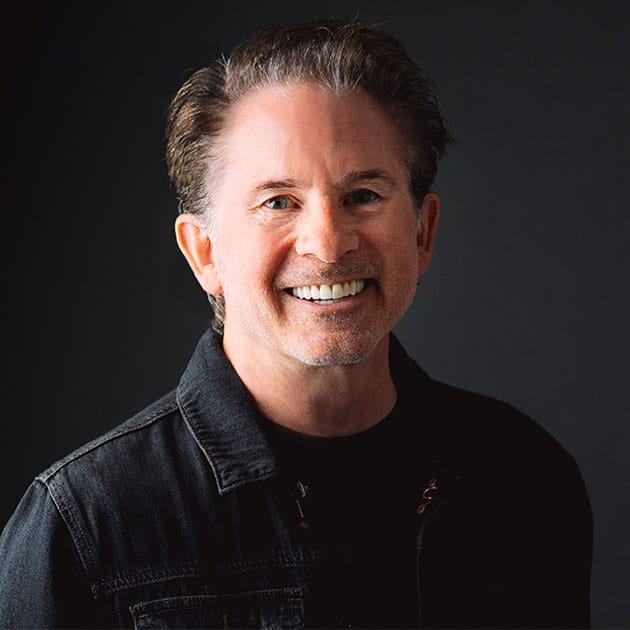
Digital Marketing and Privacy
Digital marketers use to rely on third-party cookies to produce highly-targeted ads. Cookies allow the software to collect sensitive customer data based on extremely specific information. Unfortunately, this strategy inevitably leads to privacy risks and a decrease in trust from the public.
In the past few years, digital marketing has taken a new direction and focused on protecting consumers’ privacy by using less invasive advertising.
Contextual Targeting
Contextual targeting uses context-specific advertisements that are personalized for a whole audience. This type of targeting protects users’ privacy yet is still relevant to their interests in seeing the ad. Contextual targeting allows digital marketers to increase brand awareness without depending on invasive behavioral tracking.
Email Lists
Email lists are another great tool digital marketers can use to reach out to a brand’s audience. Typically, customers offer their email to a company in exchange for special updates and deals. Creating a stronger direct relationship with the consumer is the ultimate goal of email lists. In addition, email lists ensure the privacy of the consumer stays between the company and the user’s email inbox.
Organic Social Media
Organic social media encompasses all content pieces that are not paid promotions or advertisements. For a brand to maximize its reach without paying for ads, it is important to focus on its brand identity first. Remaining consistent through visual content, SEO, and posting is critical for organic social media growth.
Read more about Digital Marketing and Privacy at inc.com

